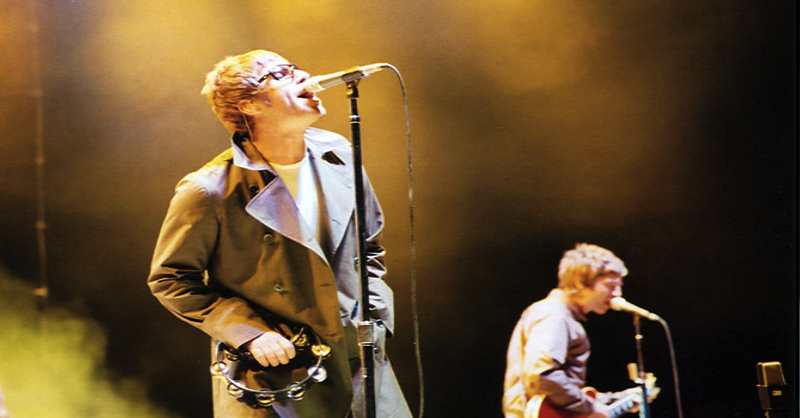
GRANT JOHNSON
Why Haven't Oasis Been Cancelled?
Liam and Noel have said and done some controversial things, but the band is reuniting for an album and world tour.


GRANT JOHNSON
Liam and Noel have said and done some controversial things, but the band is reuniting for an album and world tour.
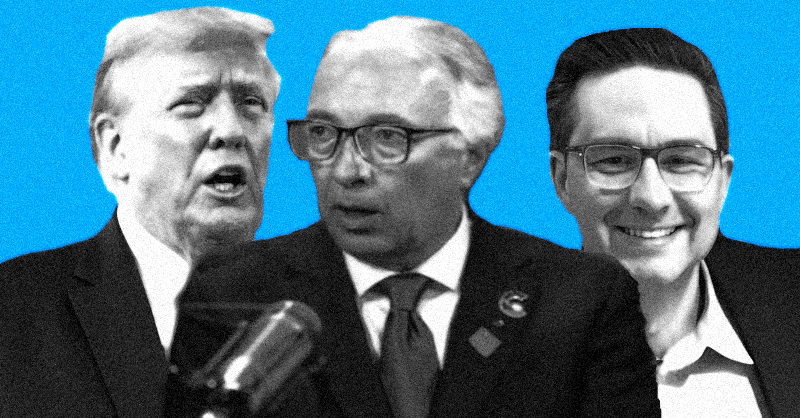
RYAN TYLER
What's happening in BC offers insight into what's happening around the rest of the country.
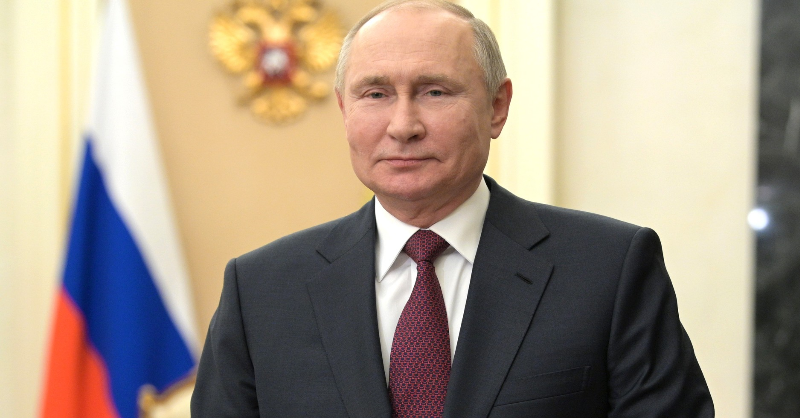
ALLAN RAY
Russia's KGB strongman is popular and has managed to make his country a self-sustaining global force.
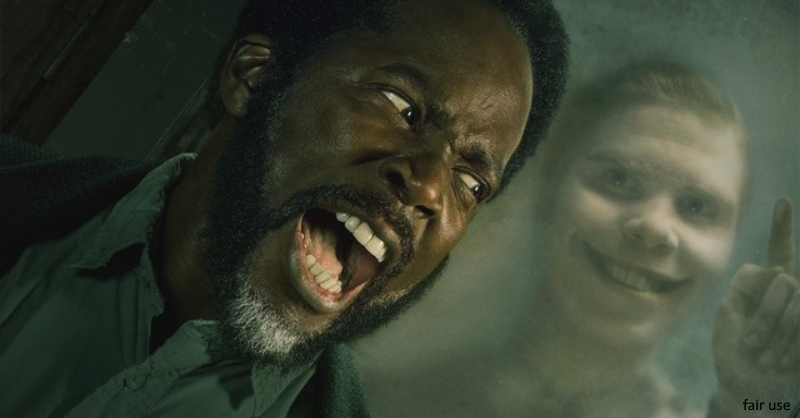
DEVON KASH
If you like unravelling supernatural mysteries and ingesting some traditional conservative themes, you're going to like this one.
As Canada crumbles under rapid population growth, there is no better example of how people ruin things.
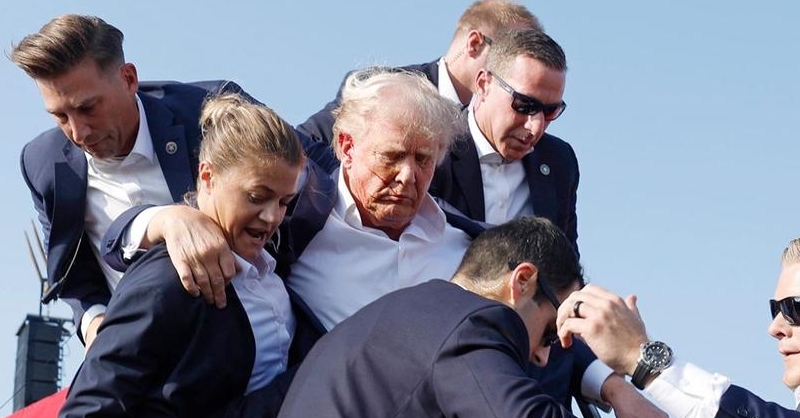
RYAN TYLER
A second shooter on a water tower? An FBI director in the crowd? Some of these theories are off the wall.
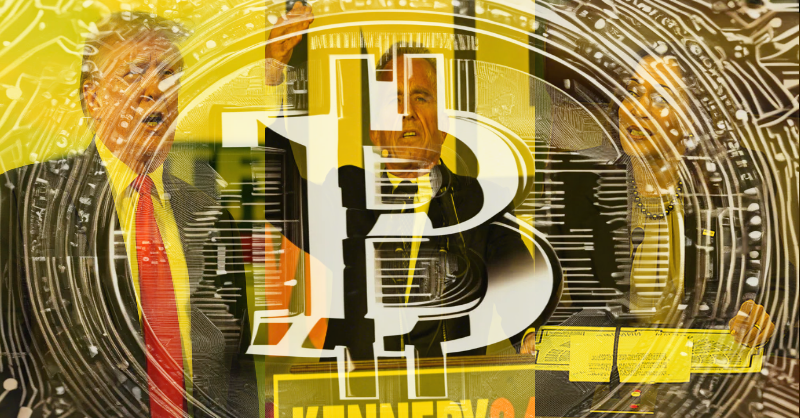
DEVON KASH
Even Kamala Harris is rumoured to be ready to jump in bed with the crypto industry before September.

ALLAN RAY
Violence has no place in a system designed around elections, peaceful transitions of power, and bloodless coups.
White people weren't the first and they won't be the last.

RYAN TYLER
With the Sask NDP as irrelevant as ever, the future looks promising for Scott Moe.
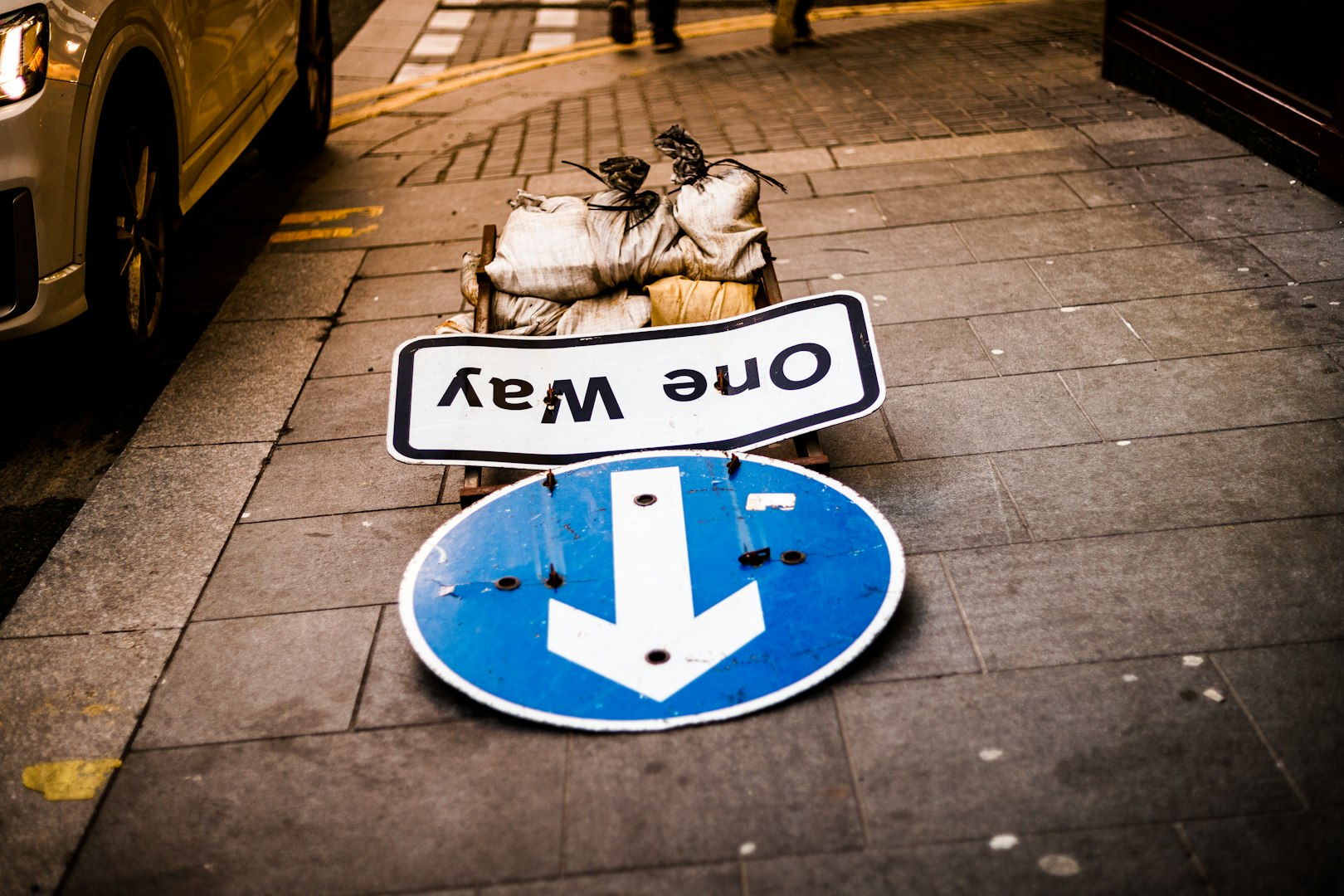
ALLAN RAY
Socialism puts the power in the hands of government, while libertarianism would allow monopolies to run amok.

ALLAN RAY
After the first round, National Rally turned up a big win, but France's system of broad left and centre coalitions won't allow a second round win.

ALLAN RAY
A Marxist named Keir Starmer is most certainly on his way to becoming the United Kingdom's next prime minister.
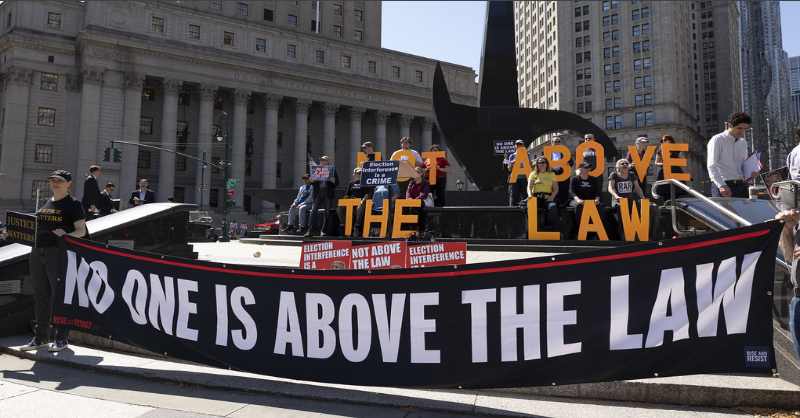
THOMAS CARTER
When Donald Trump allegedly paid to have the Stormy Daniels allegations killed, it was election interference.

RYAN TYLER
As the West declines, it's hard not to notice how Christians let the Devil in.